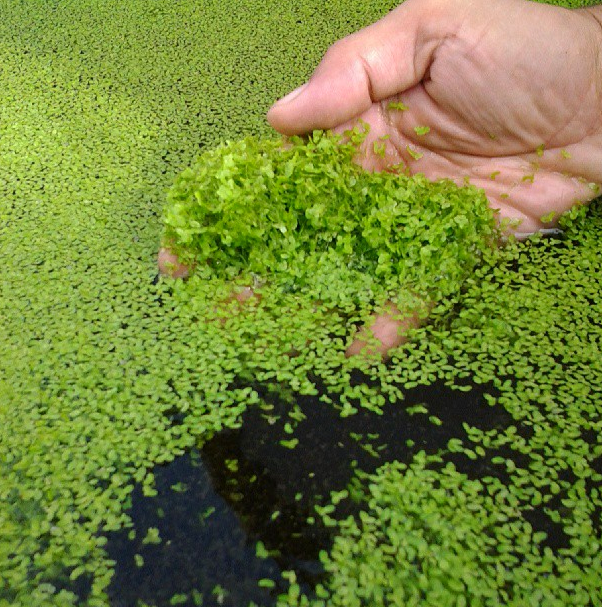Water pollution is one of the biggest environmental concerns China faces today, and biologists just might have solved the problem. A team of biologists and researchers discovered a strain of duckweed that can greatly improve conditions of polluted water.
Led by Zhao Hai, the research team took nine years to find the strain of duckweed among over 800 samples of different duckweed species collected all across the globe. The duckweed species not only shows potential to solve the water pollution crisis in the country; it can effectively purify polluted water and turn nitric oxide into biological fertilizer.
Researchers estimate that the presence of duckweed in just 1 percent of China's lakes and ponds can result in the generation of 1.72 million tons of ethanol, worth 10.3 billion yuan ($1.68 billion), every year. According to Zhao, duckweed can also greatly reduce carbon emissions in the country by 10 million tons.
"More than 70 percent of China's rivers and lakes are polluted and reducing aquatic nitric oxide content would go some way to addressing this," Zhao said.
Known as the smallest aquatic flowering plant in the world, duckweed has been shown to absorb high levels of nitric and phosphide. It can also deal with heavy metal pollution. Rich in protein, duckweed is found all over the world, particularly in "still or slow-moving fresh water," according to Mobot.org.
Other uses to duckweed are being explored by genetic engineers, aquaculturalists and environmental scientists. Cloned and modified duckweed genes are being experimented on to produce pharmaceuticals, while fish farmers use the plant as affordable feed source for fish farming.
Zhao's team, which has come up with a duckweed system that allows waste water to undergo six days of treatment to pass top level pollutant discharge standards, has applied for a national invention patent.



























